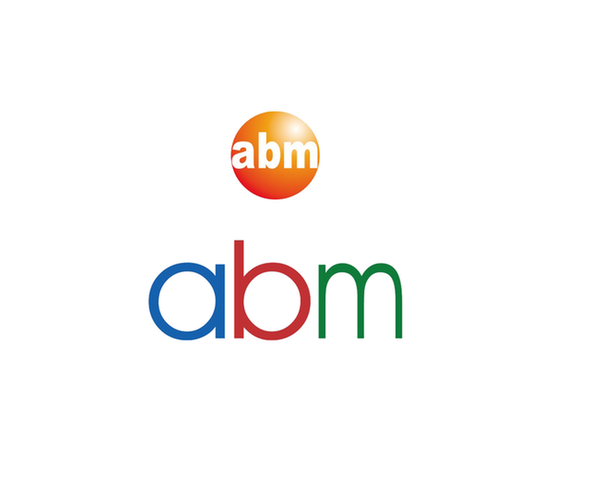abm human recombinant protein
Recombinant Human IFNB1 | Z101489
- SKU:
- Z101489
- Availability:
- 5 to 7 Days Shipment
Description
abm | Recombinant Human IFNB1 | Z101489
IFN-beta is produced mainly by fibroblasts and some epithelial cell types. The synthesis of IFN-beta can be induced by common inducers of interferons including viruses, double-stranded RNA, and micro-organisms. It is induced also by some cytokines such as TNF and IL-1. IFN-beta binds to the same receptor as IFN-alpha. IFN-beta is involved in the regulation of unspecific humoral immune responses and immune responses against viral infections. IFN-beta increases the expression of HLA class 1 antigens and blocks the expression of HLA class 2 antigens stimulated by IFN-gamma. IFN-beta stimulates the activity of natural killer cells and hence also antibody-dependent cytotoxicity. IFN-beta shows antiproliferative activity against a number of cell lines established from solid tumors.
Functions:
The activity was determined by the viral resistance assay of Human WISH cells was found to be in the range of 3.0 x 10^8 IU/mg.
Organism:
Human
Source:
CHO cells
Alias:
IFN-beta, Immune interferon, Fibroblast interferon, Leukocyte interferon, B cell interferon, Type I interferon
Recombinant Human Interferon-Beta 1A (IFNB1)
Gene Symbol:
IFNB1
Gene ID:
3456
Accession:
P01574
Formulation:
Recombinant IFN-b 1a was lyophilized from a 0.2 μm filtered sodium acetate solution pH 4.8.
Solubility:
A quick spin of the vial followed by reconstitution in distilled water to a concentration not less than 0.1 mg/mL. This solution can then be diluted into other buffers.
Appearance:
Lyophilized Powder
Molecular Weight (kDa):
19
Molecular Weight 2 (kDA):
N/A
Molecular Weight 3 (kDA):
N/A
Purity:
>95% as determined by SDS-PAGE
Concentration:
<1.0 EU/μg of recombinant protein as determined by the LAL method.
Shipping Condition :
Ambient Temperature
Storage Condition:
The lyophilized protein is stable for at least one year from date of receipt at -70°C. Upon reconstitution, this cytokine can be stored in working aliquots at 2° - 8°C for one month, or at -20°C for six months, with a carrier protein without detectable loss of activity. Avoid repeated freeze/thaw cycles.






